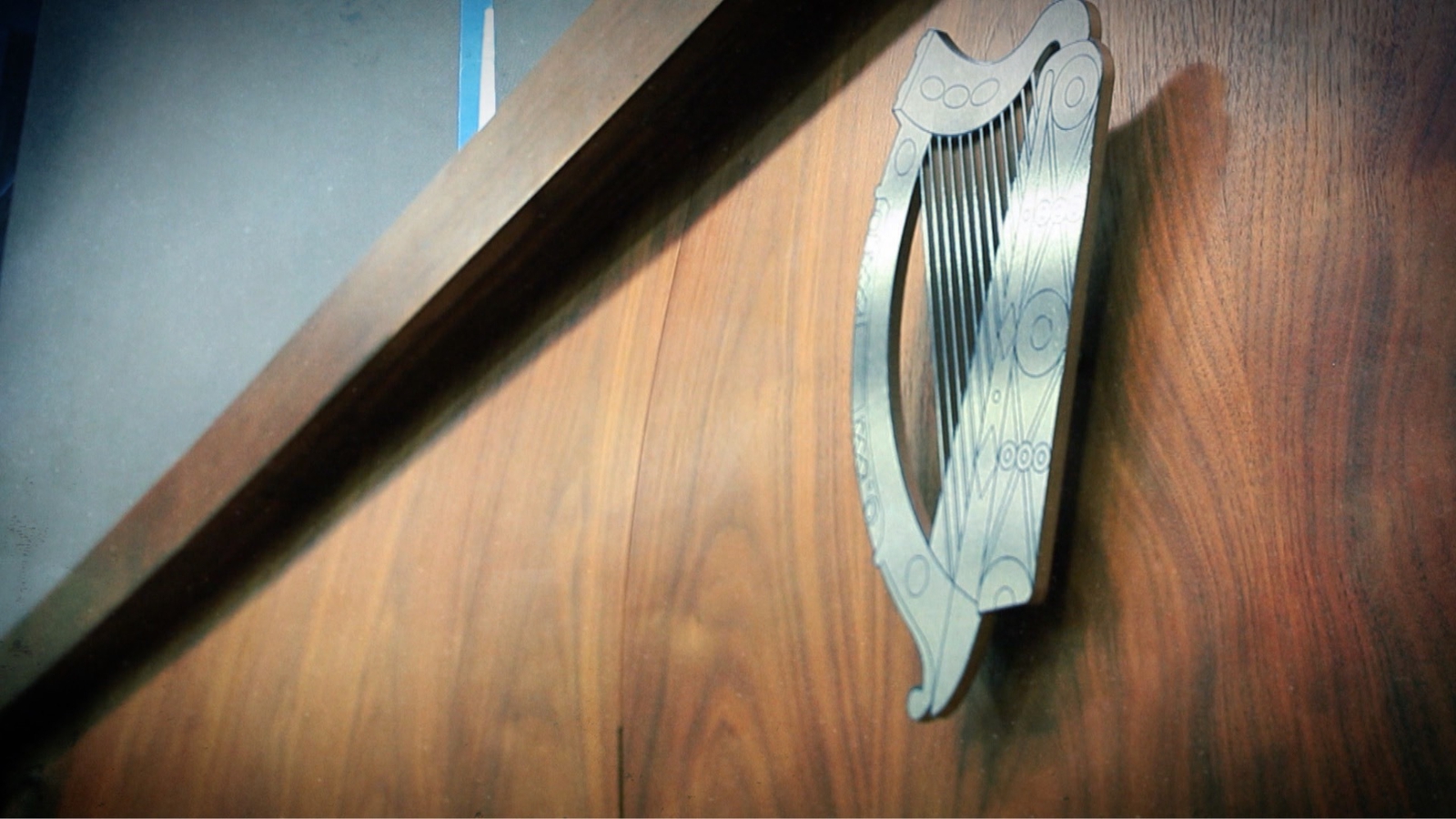World
Research to examine operation of court’s privacy rule

The operation of how the in-camera rule operates in the courts is to be examined in a new research project.
The rule applies in family law cases where only those involved in the case are allowed in the courtroom.
The study, commissioned by the Department of Justice, will look at how the in-camera or privacy rule operates in terms of family law.
It is generally understood that rule is in place to protect the identity and privacy of parties, including children, who are part of court proceedings.
Legal and social experts from University College Cork and Trinity College Dublin will examine the perceived limitations and strengths of individuals who experience it, including parents, those in the legal profession, judges, researchers and media.
Researchers say although it is a given, the actual nature and scope of the in-camera rule is unclear.
The first phase of the study will involve an anonymous survey of parents who have been involved with the Irish family law system.
Senior Lecturer in Law at UCC Dr Aisling Parkes said that for decades “there has been much confusion concerning the operation of the in-camera rule amongst not just families but also amongst the various professions who engage with the family law system on a daily basis”.
“The perceived limits imposed by this rule has had significant implications for research in the area of family law which has limited potential recommendations for reform,” she said.
We need your consent to load this rte-player contentWe use rte-player to manage extra content that can set cookies on your device and collect data about your activity. Please review their details and accept them to load the content.Manage Preferences
Speaking on RTÉ’s Morning Ireland, she said: “The aim of the study is to seek to provide a 360-degree view of how various stakeholders including parents and families, social and legal professionals as well as judges, researchers, journalists and media… experience the perceived limitations and strengths of the rule in practice.”
She said the study aims to capture the unique perspectives of those family members with direct experience of the family law courts in Ireland and in particular with the focus on how the in-camera rule has impacted their lives outside of the courtroom…”
The survey will be live until mid-August.
Dr Parkes said the second phase of the study will involve a number of focus groups with key stakeholders, such as legal professionals, social professionals and judges.
Assistant Professor in the TCD School of Social Work and Social Policy Dr Simone McCaughren said that the project will for the first time capture “the views and experiences of those who have engaged with the Irish family law system”.
She added that the study will “support current plans to reform our family legal system”.










